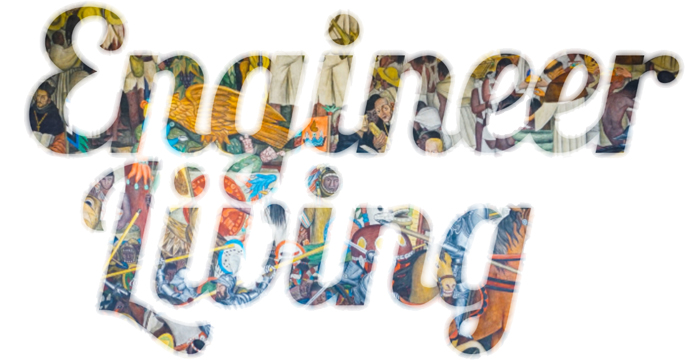Waving at your neighbor as you go past them, a gas clerk letting you use the restroom on a road trip, and a teacher comforting a young child crying in the hallway are all little things that you don’t think of but are proof of a very important principle. Imagine making eye contact with your neighbor and watching them blatantly ignore you, or a gas station clerk turning back a young woman who really had to go, or a teacher seeing a distraught child weeping in the hallway and simply walking past them. Humans are social creatures and each culture has rules that govern how we behave, some of which are unwritten; this is the social contract.
A social contract guides human interactions both consciously and unconsciously; they are rules, both written and unwritten, that inform your expectations when you interact with people or groups. In America, the social contracts that govern society and its interactions are fundamentally broken. Neighbors are calling the cops on their own neighbors for minor inconveniences instead of simply talking to them. Employees from many different industries expect decent benefits and a living wage from their employers and are repeatedly disappointed. And citizens expect just laws but are instead subject to laws that seem to benefit or harm certain groups disproportionate to others.
In an ideal world, there wouldn’t need to be any laws as the implicit social contracts would govern all interactions. However, as society became more advanced the enforcement of these social contracts became more formal and common law which is based on previous decisions was born. This was followed by statutory law, law enacted by the legislature, and regulatory law, law enforced by executive authorities. Law was created to codify these implicit social contracts. Codification provides clarity for expectations and the consequences for breaking them, but can also create unintended consequences and confusion between parties.
In this series, I will examine how to repair the five fundamental social contracts that govern society. I will investigate how they worked in the past, what has gone wrong with them now, and how to fix them for the future. Hopefully, this can illuminate why some people feel slighted by the current system and what we can do to fix it.
The Five Fundamental Social Contracts:
- The social contract between people
- The social contract between capital and labor
- The social contract between buyers and sellers
- The social contract between the government and its domain
- The social contract between nations




